Maximize your personal and professional relationships with business coaches David and Conia Wright
Conia and David Wright
Company Name: Mr and Mrs Wright? M&MW
Established in October 2016
About Conia:
Conia is a Ziglar Legacy Certified Trainer
From for-profit business ownership to non-profit management, Conia's 20+ years of experience serve to make her a versatile speaker who can cater her message to a variety of audiences. Humor and empathy entwined with practical strategies and tools make her a highly effective communicator.
Born in Jackson, Mississippi, Conia embraces all things Southern and still considers it home. She lives in Plano, Texas with her wonderful husband, David and three gorgeous daughters who illuminate her life and two dogs she insists irritate her, but whom she secretly spoils. In the words of my mother - "Learn from my mistakes, you don't have time to make them all yourself!"
Specialties: Life Coaching, Workplace Efficiency, Organizational Behavior, Diversified, Management Strategies, Alternative Problem Solving, Strategic Innovation, Staff Motivation
About David:
David Wright, Head Coach at Ziglar, Inc., and creator of Ziglar's Building the Best You Coaching program has over 25 years coaching experience with entrepreneurs, business owners, executives and organizations. His experience in product development, project management, team building, and training have equipped him with the skills necessary to help executives bridge the gap from where they are to where they want to be. David believes we all have the capacity to be and become more. What sets him apart is his ability to see the potential in others and help them draw out the more capable person within. They are then empowered to achieve their goals personally and professionally.
______________________________________________
What do you think about this episode? We’d love to hear from you! Share us your suggestions, comments or questions. And we’d love to include that on our next show.
Connect with us:
Hope y'all enjoyed this episode! We'll see you guys next week for another episode of The Marketing Natives!


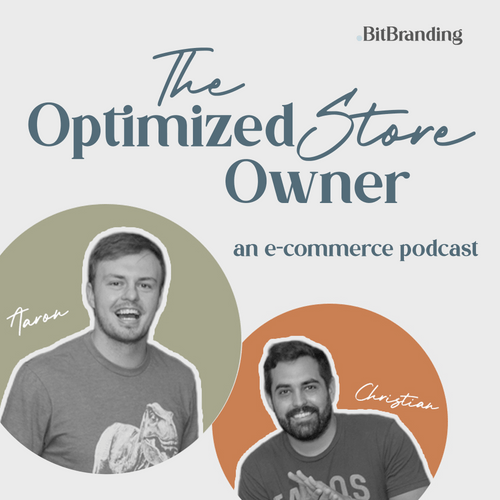
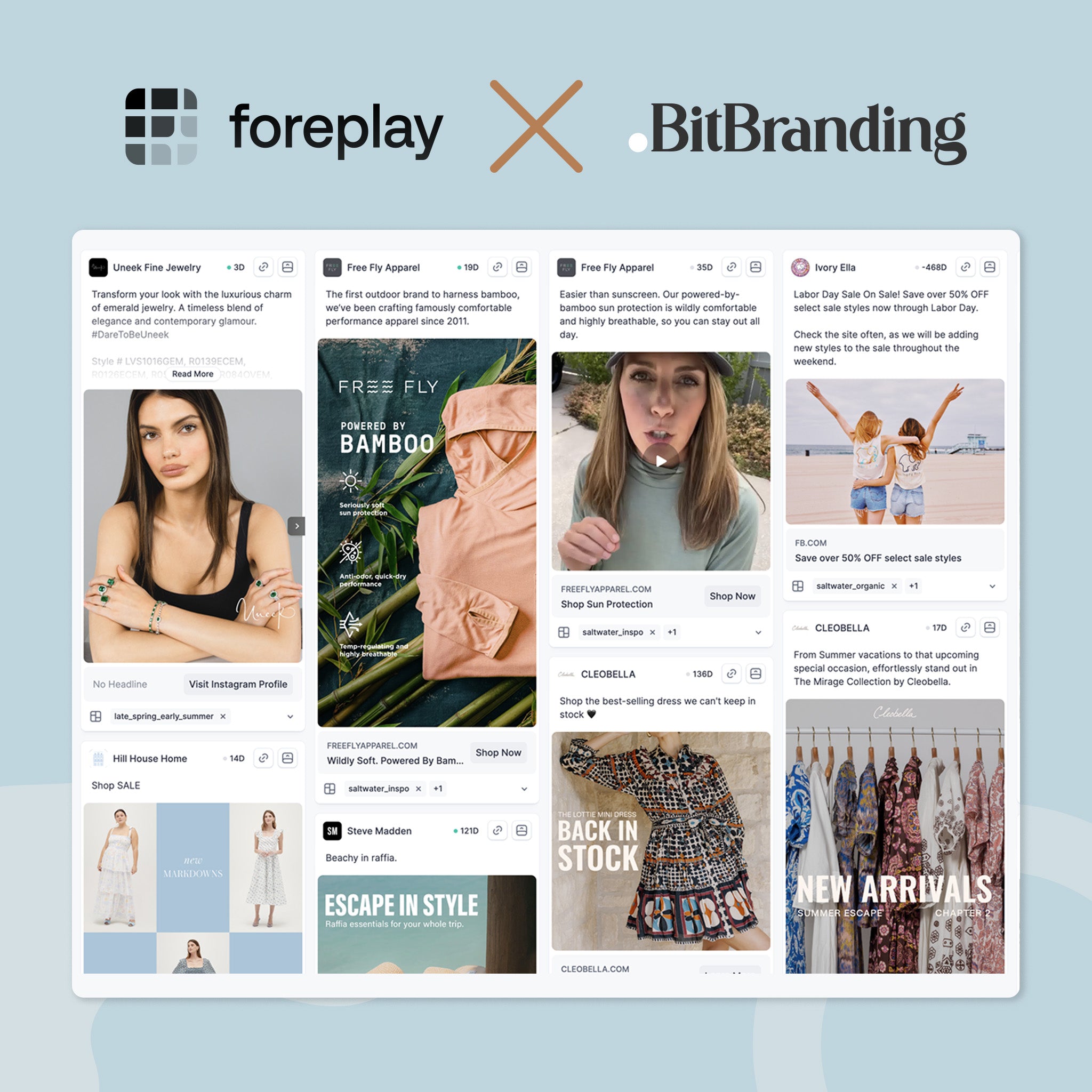
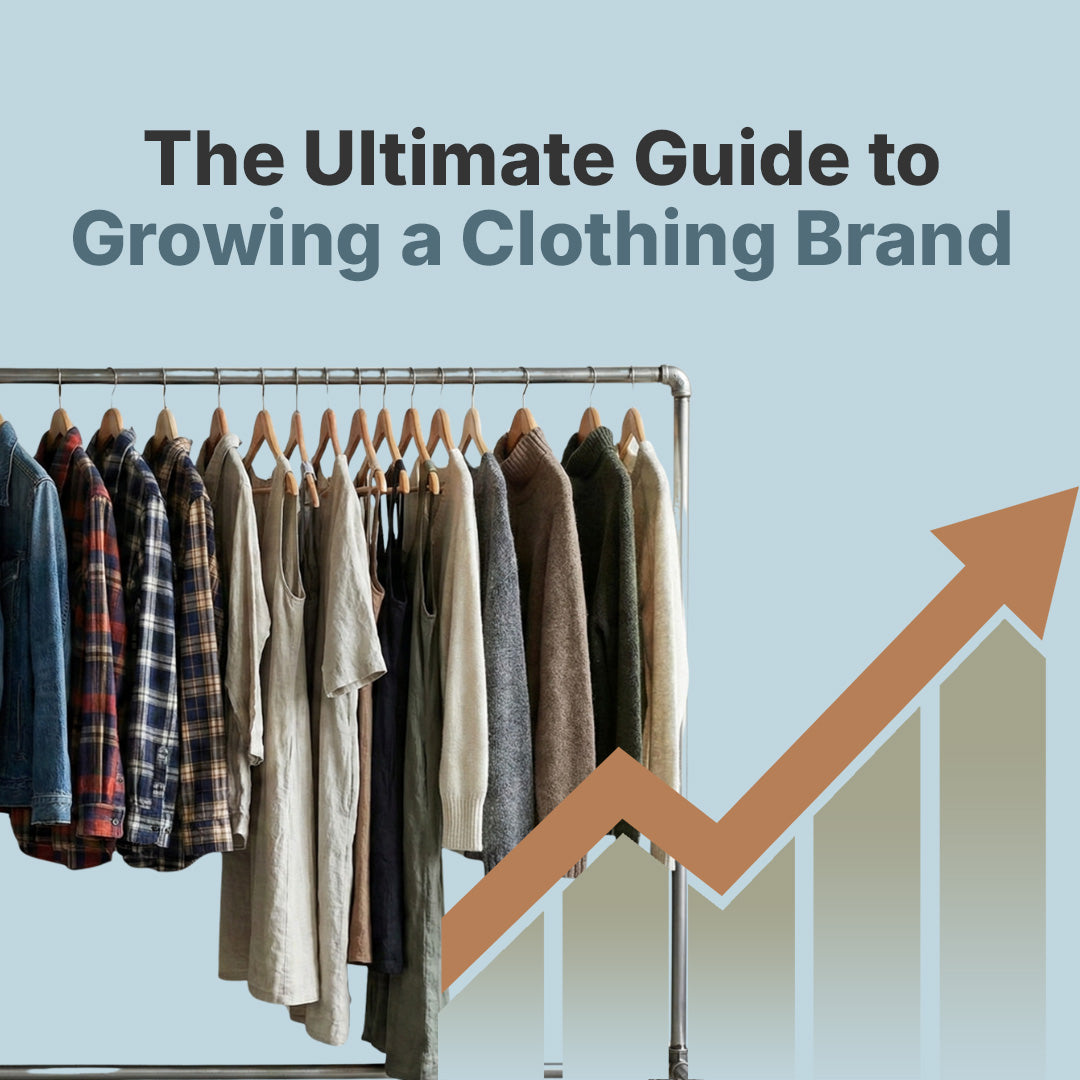
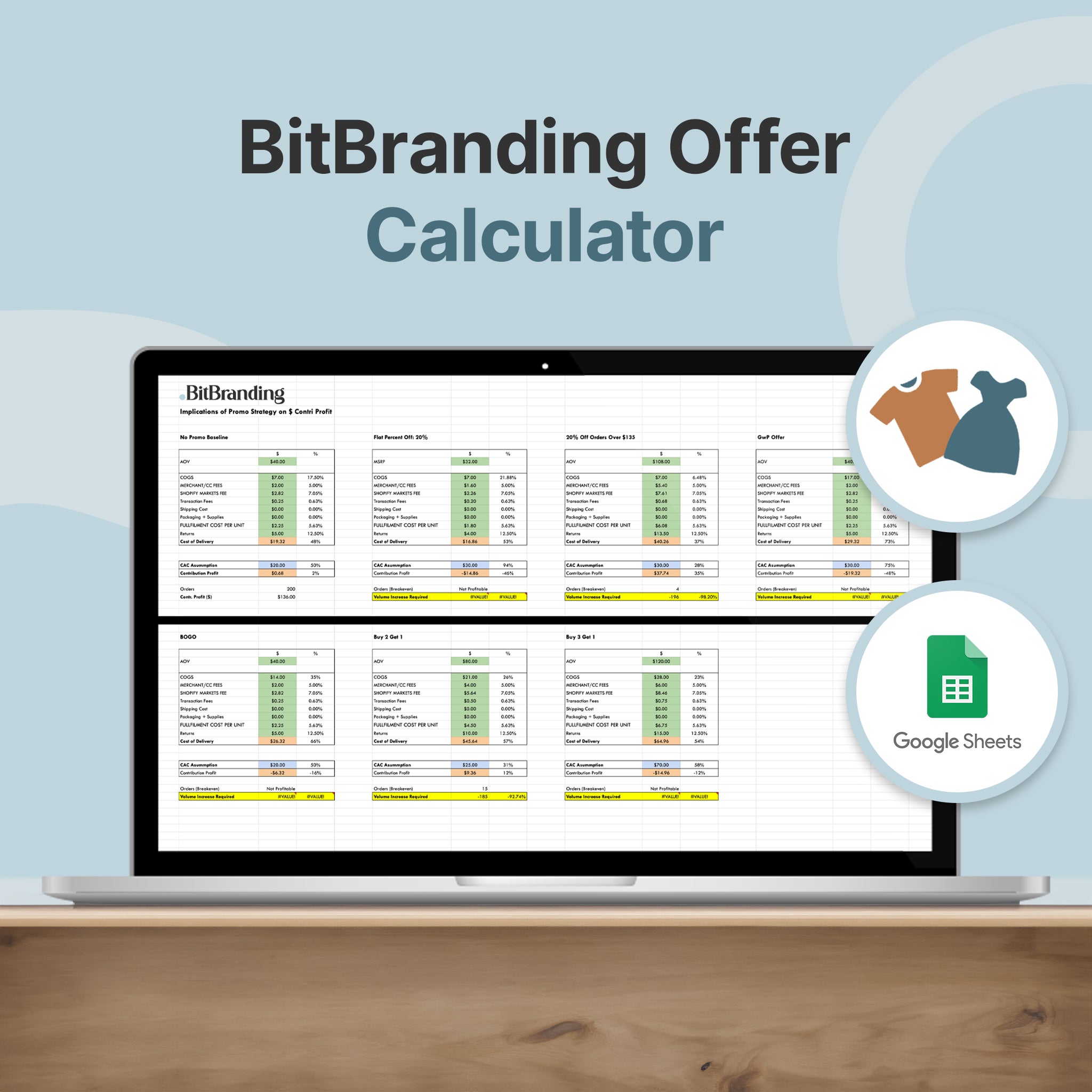
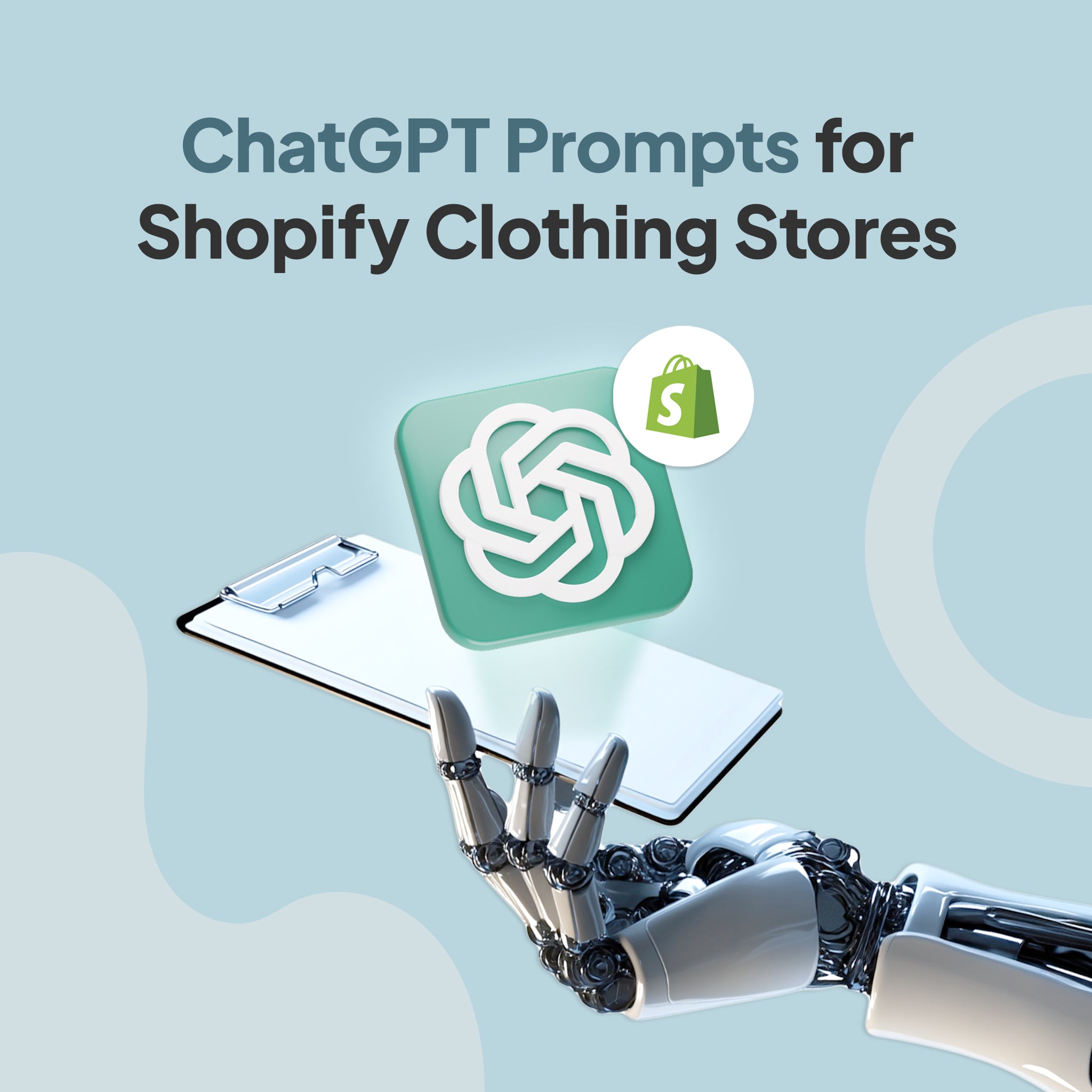

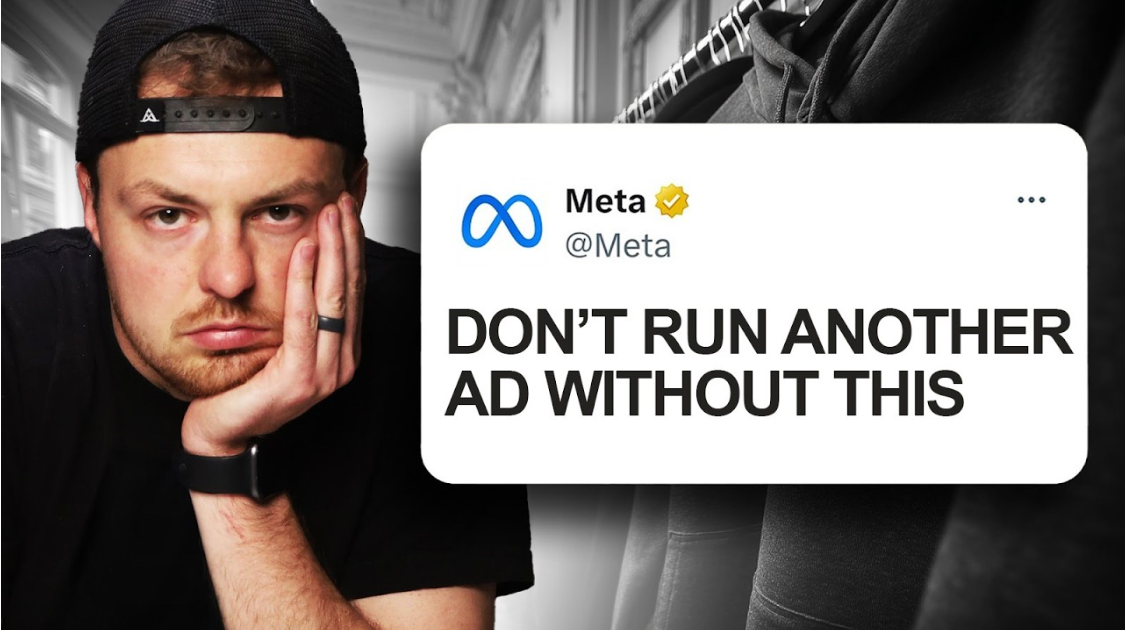
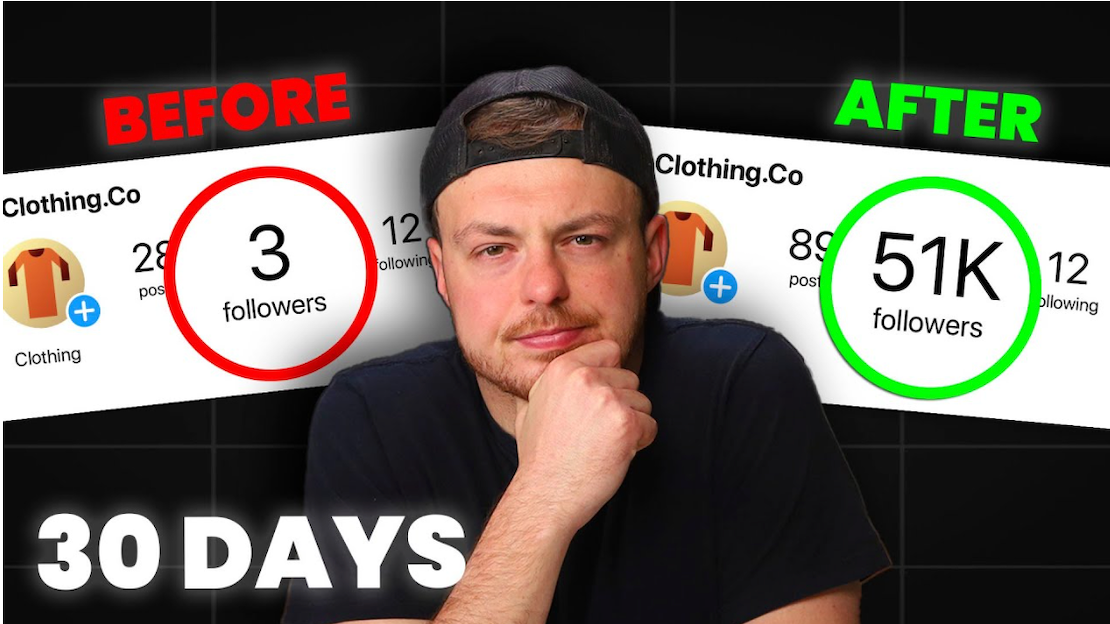
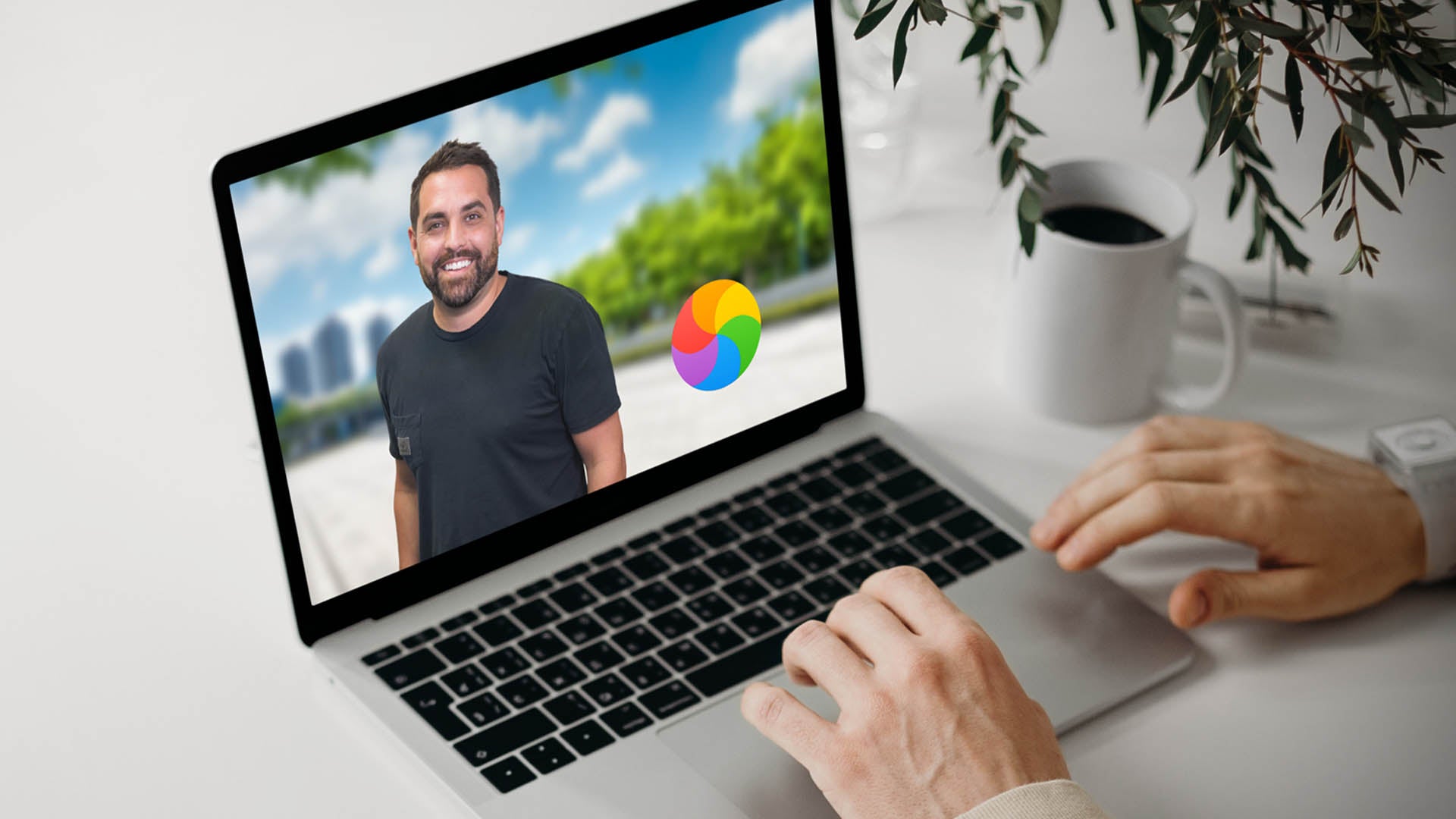
Share:
How To Retain Repeat Customers For Your Local Business
How to land bigger clients on Instagram